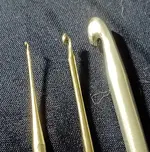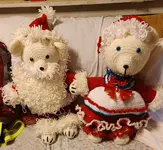M&M Ninja
New member
- Feb 23, 2025
- 26
- 14
- Parrots
- Gold-capped conure
Just what the title says. I've raised and lost several dogs and cats. I know what to expect and what to look for in their physical well-being. I'm familiar with the heart-wrenching decision to take them to the vet for the last time.
Is the process the same for parrots?
Is the process the same for parrots?


